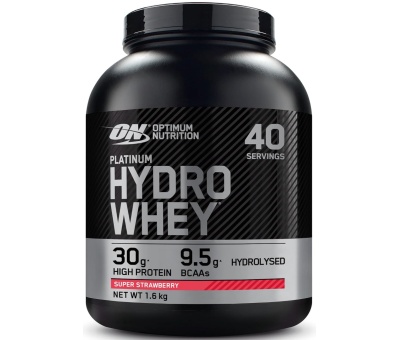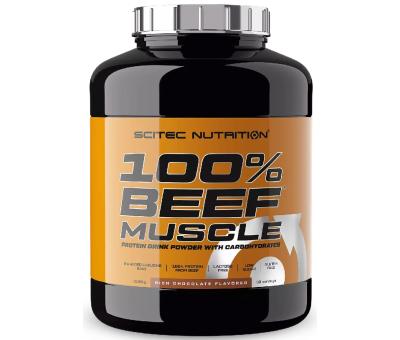- Traditional Herb
- Non-GMO
- A Dietary Supplement
- Vegetarian - Vegan
- Kosher
- Botanicals/Herbs
- Quality GMP Assured
- Halal
- Family Owned Since 1968
Fenugreek is one of the oldest herbs traditionally used in ancient Greece, Egypt and China. It has been used in a variety of ways and can be added to hot water to make tea.
Suggested use
Take 2 capsules 1 to 3 times daily.
| Supplement facts |
| Serving Size: 2 Veg Capsules |
| Servings Per Container: 50 |
| |
Amount Per Serving |
%Daily Value |
| Total Carbohydrate |
< 1 g |
< 1%* |
| Organic Fenugreek (Trigonella foenum-graecum) (Seed) |
1 g (1,000 mg) |
† |
* Percent Daily values are based on a 2,000 calorie diet.
† Daily Value not established. |
Other ingredients
Hypromellose (cellulose capsule), stearic acid (vegetable source), and silicon dioxide.
Not manufactured with yeast, wheat, gluten, soy, corn, milk, egg, fish, shellfish or tree nut ingredients. Produced in a GMP facility that processes other ingredients containing these allergens.
Warnings
For adults only. Not recommended for pregnant women. Consult physician if nursing, taking medication, or have a medical condition. Keep out of reach of children.
Natural color variation may occur in this product.
Store in a cool, dry place after opening.
Fenugreek is an herb similar to clover that is native to the Mediterranean region, southern Europe, and western Asia. The seeds are used in cooking, to make medicine, or to hide the taste of other medicine. Fenugreek seeds smell and taste somewhat like maple syrup. Fenugreek leaves are eaten in India as a vegetable.
Fenugreek is taken by mouth for digestive problems such as loss of appetite, upset stomach, constipation, inflammation of the stomach (gastritis). Fenugreek is also used for diabetes, painful menstruation, polycystic ovary syndrome, and obesity. It is also used for conditions that affect heart health such as "hardening of the arteries" (atherosclerosis) and for high blood levels of certain fats including cholesterol and triglycerides.
Fenugreek is used for kidney ailments, a vitamin deficiency disease called beriberi, mouth ulcers, boils, bronchitis, infection of the tissues beneath the surface of the skin (cellulitis), tuberculosis, chronic coughs, chapped lips, baldness, cancer, Parkinson's disease, and exercise performance.
Some men use fenugreek for hernia, erectile dysfunction (ED), male infertility, and other male problems.
Women who are breast-feeding sometimes use fenugreek to promote milk flow.
Fenugreek is sometimes used as a poultice. That means it is wrapped in cloth, warmed, and applied directly to the skin to treat local pain and swelling (inflammation), muscle pain, pain and swelling of lymph nodes (lymphadenitis), pain in the toes (gout), wounds, leg ulcers, and eczema.


